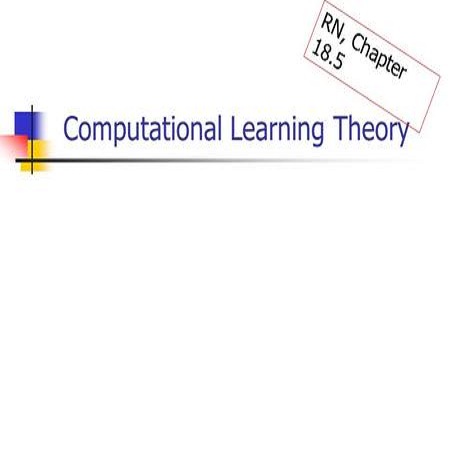Ensuring that classifiers are well-calibrated, i.e., their predictions align with observed frequencies, is a minimal and fundamental requirement for classifiers to be viewed as trustworthy. Existing methods for assessing multiclass calibration often focus on specific aspects associated with prediction (e.g., top-class confidence, class-wise calibration) or utilize computationally challenging variational formulations. In this work, we study scalable \emph{evaluation} of multiclass calibration. To this end, we propose utility calibration, a general framework that measures the calibration error relative to a specific utility function that encapsulates the goals or decision criteria relevant to the end user. We demonstrate how this framework can unify and re-interpret several existing calibration metrics, particularly allowing for more robust versions of the top-class and class-wise calibration metrics, and, going beyond such binarized approaches, toward assessing calibration for richer classes of downstream utilities.
翻译:暂无翻译



